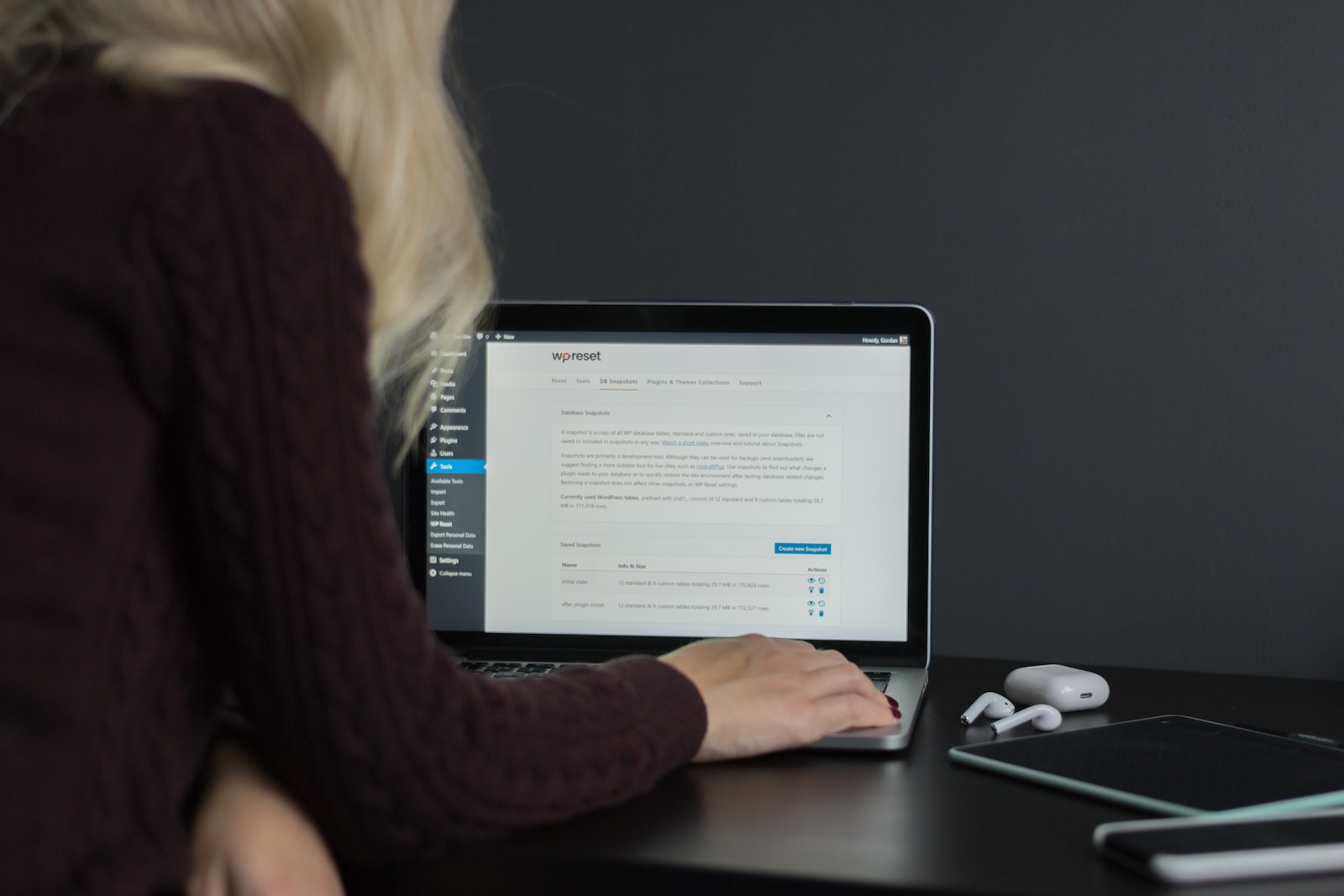A fast-loading WordPress website is crucial for providing an exceptional user experience, improving search engine rankings, and increasing conversions. In this article, we will discuss tips and best practices to maximize your WordPress website’s performance.
- Keep Your WordPress Site Updated: Always run the latest versions of WordPress, themes, and plugins to optimize performance, keep your site secure, and patch bugs.
- Choose a High-Quality Hosting Provider: Select a reliable and high-performance hosting provider that offers excellent support and server resources.
- Use a Content Delivery Network (CDN): A CDN can help distribute your content across multiple servers worldwide, reducing the load time for users in different locations.
- Optimize Images: Compress and resize images to reduce their file size without compromising quality. Use image optimization plugins like WP Smush or EWWW Image Optimizer.
- Use a Caching Plugin: Caching plugins like WP Rocket, W3 Total Cache, or WP Super Cache can significantly improve your site’s load time by storing static versions of your pages.
- Minify CSS, JavaScript, and HTML: Minify your site’s code by removing unnecessary characters, spaces, and comments to reduce file sizes and improve load times.
- Optimize Database: Regularly clean and optimize your WordPress database to remove unnecessary data, such as post revisions, spam comments, and transient options.
- Use Excerpts on Homepage and Archives: Display post excerpts instead of full content on your homepage and archive pages to reduce the amount of content that needs to be loaded.
- Limit Post Revisions: Limit the number of post revisions stored in your database to reduce its size and improve performance.
- Disable Pingbacks and Trackbacks: Disable pingbacks and trackbacks to reduce the number of requests your site receives and improve performance.
- Use a Lightweight Theme: Choose a theme optimized for speed and performance, and avoid themes with excessive features or bloated code.
- Optimize Background Processes: Schedule background tasks, such as backups and updates, during low-traffic periods to minimize their impact on performance.
- Implement Lazy Loading: Use lazy loading to delay the loading of images and other media until they are needed, reducing the initial load time.
- Split Comments into Pages: Divide comments into multiple pages to reduce the amount of content that needs to be loaded on each page.
- Use a DNS Level Website Firewall: Implement a DNS level website firewall to protect your site from malicious traffic and improve performance.
- Reduce External HTTP Requests: Limit the number of external HTTP requests by combining and minifying files, and hosting fonts and other resources locally.
- Upgrade PHP Version: Ensure your server is running the latest PHP version for improved performance and security.
By implementing these tips and best practices, you can significantly improve your WordPress website’s performance, providing a better user experience and boosting your site’s success.

